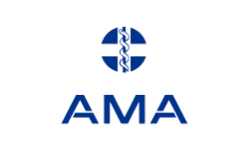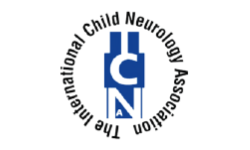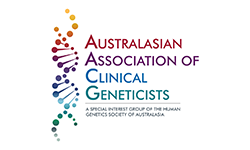Paediatric neurology at Lumina
Children and families living with neurological conditions face some of the toughest challenges. Lumina is dedicated to identifying and addressing these challenges, and to ensuring that our patients are happy, healthy and living their best lives.
About paediatric neurologists
Child neurology deals with neurological conditions and their impact on the whole person. Paediatric neurologists commonly collaborate with other specialists such as geneticists, developmental paediatricians, and neuropsychologists to provide a multidisciplinary approach to care.
Achieving good outcomes
A paediatric neurologist achieves good outcomes through a combination of different strategies, including:
- Early diagnosis and treatment
- Multidisciplinary care and working with a team to provide comprehensive care
- Medication, carefully managed to balance effectiveness and safety
- Behavioural and psychological therapy to address emotional and psychological impacts
- Rehabilitation with physical therapists, occupational therapists, and other rehabilitation
- Monitoring and follow-up care, adjusting plans to ensure that children continue to receive the best possible care.
Common conditions
Paediatric neurologists manage a diverse range of conditions, and their effects on daily life, mood and function:
- Epilepsy and an array of seizure types
- Migraine, characterized by severe pain and other symptoms
- Movement disorders
- Developmental disorders such as autism, attention-deficit/hyperactivity disorder (ADHD), and learning disorders.
- Genetic disorders including muscular dystrophy and neurofibromatosis.
- Immunologic disorders such as multiple sclerosis
- Traumatic brain injuries
- Tumours of the nervous system
- And many others
Diagnosis & Testing
Paediatric neurologists use a range of diagnostic tests, including:
- EEG (electroencephalogram) measures the electrical activity of the brain
- Neuropsychological testing, a cognitive, behavioural and psychological assessment to evaluate the impact of neurological conditions on the child’s development, learning, behaviour and daily functioning
- MRI and CT scans create detailed images of the brain and spinal cord and are used to evaluate brain and nerve structure and injuries
- EMG (electromyography) measures the electrical activity of muscles
- LP (lumbar puncture) involves removing a small amount of fluid from the spinal cord to evaluate brain infections, tumours, and other conditions.
- Genetic testing can be used to identify genetic disorders that may cause neurological symptoms
The choice of tests will depend on the individual case and the suspected condition. The paediatric neurologist will evaluate your child’s symptoms and medical history and use this information to determine the most appropriate diagnostic tests.














